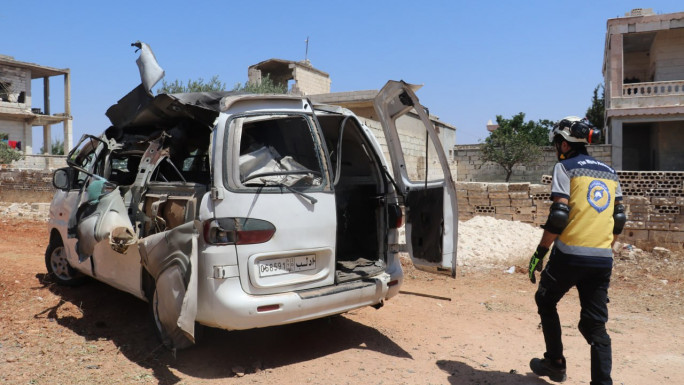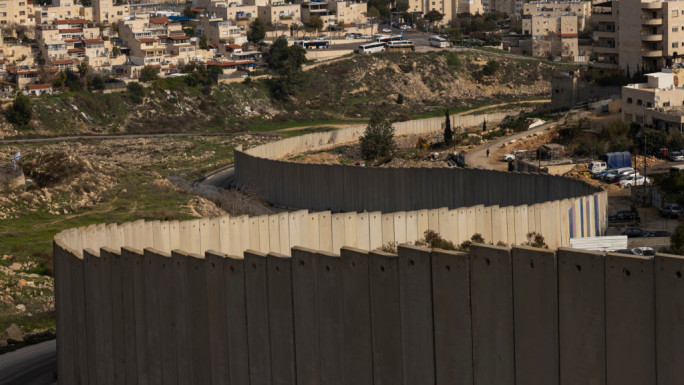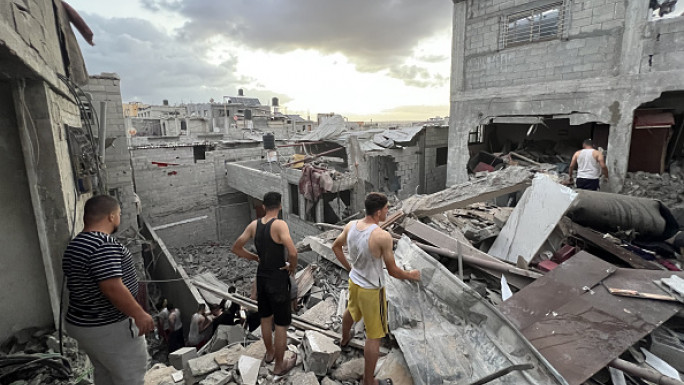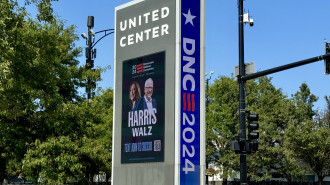Netanyahu says occupied West Bank ‘part of our homeland’
Israeli Prime Minister Benjamin Netanyahu said the occupied West Bank is "part of our homeland" and "we intend to stay there" in an interview with TIME Magazine published this week.
The comments come less than a month after the International Court of Justice (ICJ) ruled that Israel’s occupation of Palestinian territory is unlawful and must end.
He also expressed that he opposed the formation of a sovereign Palestinian state, suggesting instead he would support limited self-rule for Palestinians while Israel maintains security control over occupied territory.
"We don’t rule their land. We don’t run Ramallah. We don’t run Jenin. But we go in and take action when we have to prevent terrorism," he said.
Israel currently controls the West Bank’s security, airspace, economy, tax collection, ports of entry and planning policy, however the Palestinian Authority (PA) has some administrative powers.
Several human rights organisations have said that Israel is imposing apartheid in occupied Palestinian territory, also highlighting regular Israeli raids and assaults on towns in the occupied West Bank.
Netanyahu continued to defend Israel’s ongoing war on Gaza in the interview, saying it will continue until they destroy Hamas’ military capabilities.
The US Department of State said on Wednesday that Israel and Hamas were working on "bridgeable" final issues regarding ceasefire efforts which would see the release of Israeli captives in Gaza and a number of Palestinian prisoners held in Israeli jails.
The Israeli PM went onto downplay the number of Palestinian casualties in the interview and stated that Israel was not restricting aid into the besieged enclave.
"We’ve gone out of our way to enable humanitarian assistance since the beginning of the war, we enabled some 40,000 aid trucks to come in," he said.
After Israel launched its war on Gaza, all water, fuel, electricity and aid were cut off for the Strip. Since then, Israeli bombardment has destroyed the enclave’s infrastructure and public services including sewage works, bakeries, schools, hospitals and places of worship.
Prior to the war, around 500 trucks of aid entered Gaza daily, while now only around 130 enter daily. Far-right Israeli groups also often obstruct the entry of emergency aid trucks.
Several rights groups and humanitarian organisations have said Israel is waging a "war of starvation" by deliberately starving Palestinians in Gaza.
According to the UN Relief and Works Agency, at least 205 relied workers have been killed in Gaza since 7 October.
Over 39,699 Palestinians have been killed in Gaza since the start of the war, and an additional 91,722 others have been wounded in the same time frame.







